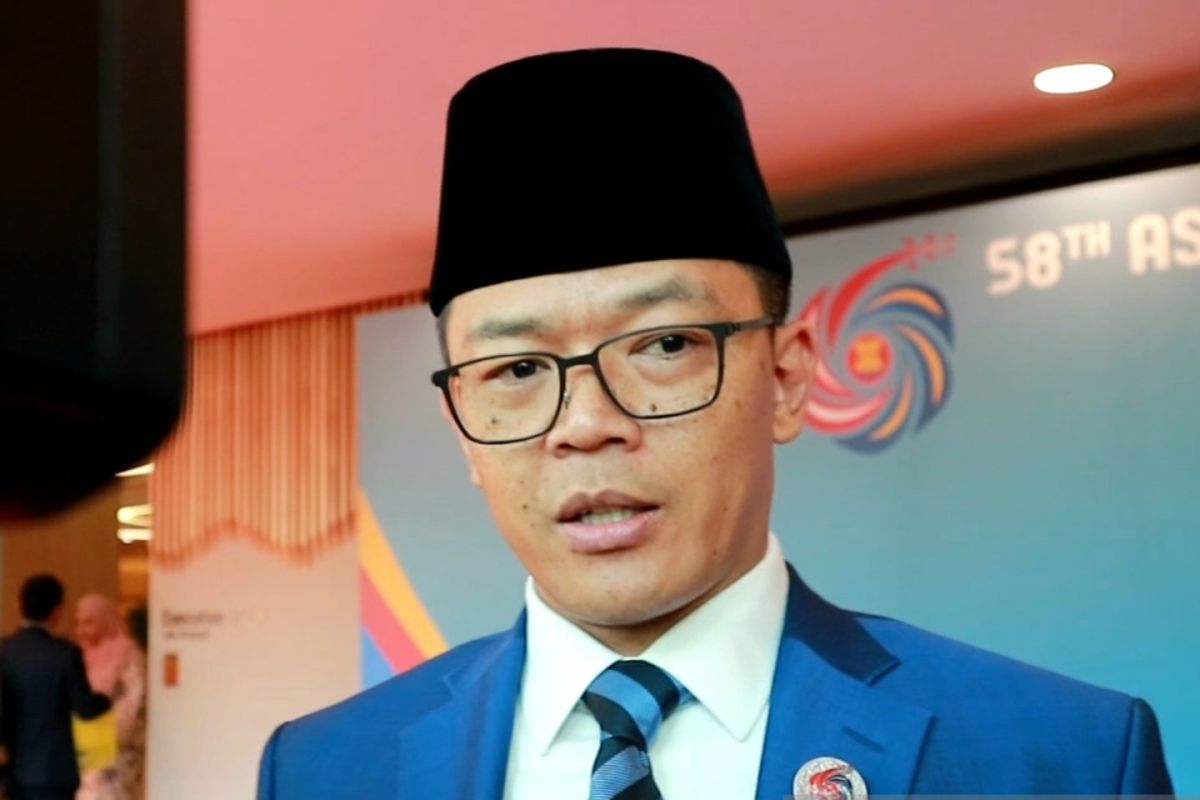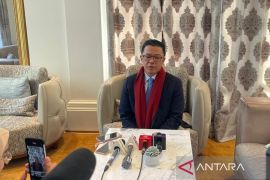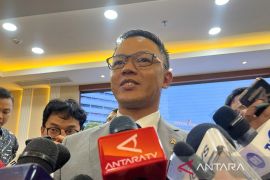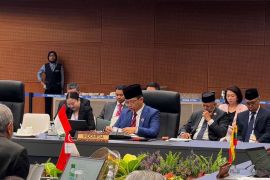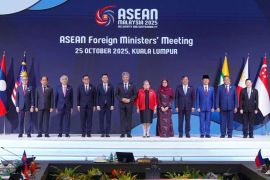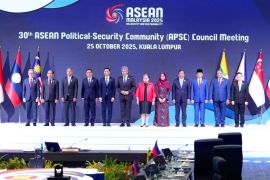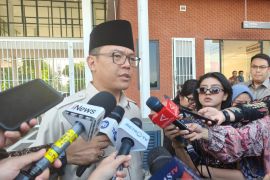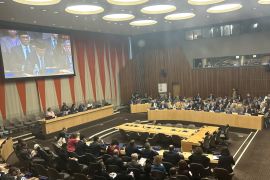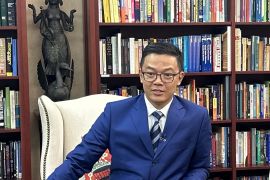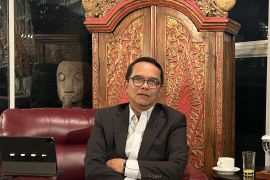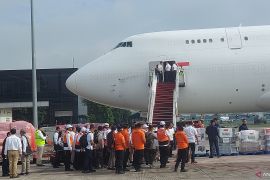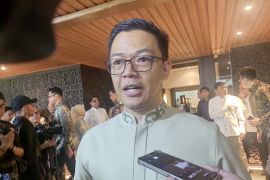“The meeting did not discuss tariffs in detail, and I think each country has its negotiation mechanism,” he said after attending the 58th AMM at the Kuala Lumpur Convention Center (KLCC) on Wednesday.
In principle, ASEAN has agreed not to retaliate to the reciprocal tariffs and focus efforts on strengthening the economy of each member country, he added.
According to the minister, the meeting also agreed to identify ASEAN’s own strengths.
With a total population of 700 million, the ASEAN region can increase its bargaining power, he said.
Sugiono further said that the US tariffs should serve as a wake-up call.
According to the minister, President Prabowo Subianto’s initiatives have been moving in the right direction so far, with Indonesia aiming for food and energy self-sufficiency. The country is also investing in human resources through its Free Nutritious Meals program.
“This way, we can build an independent economic force and can maintain good foreign relations with every party,” he explained.
On July 7, 2025, President Trump decided to proceed with his plan to impose an import tariff of 32 percent on Indonesian products. The tariff was first announced in April 2025, but was deferred for 90 days.
“Starting from August 1, 2025, we will charge Indonesia a tariff of only 32 percent on any and all Indonesian products sent into the United States, separate from all sectoral tariffs,” Trump said in a letter from the White House addressed to President Prabowo.
Negotiations between Indonesia and the US on the tariffs are still in progress.
Currently, Coordinating Minister for Economic Affairs, Airlangga Hartarto, is conducting further negotiations on the matter with the United States in Washington, D.C.
Related news: Impact of Trump tariff move on financial market minimal: OJK
Related news: US tariff unlikely to severely affect stock market: IDX
Related news: Indonesia’s economy at risk from US tariff, lawmaker warns
Translator: Rangga Pandu A J, Resinta Sulistiyandari
Editor: Azis Kurmala
Copyright © ANTARA 2025
